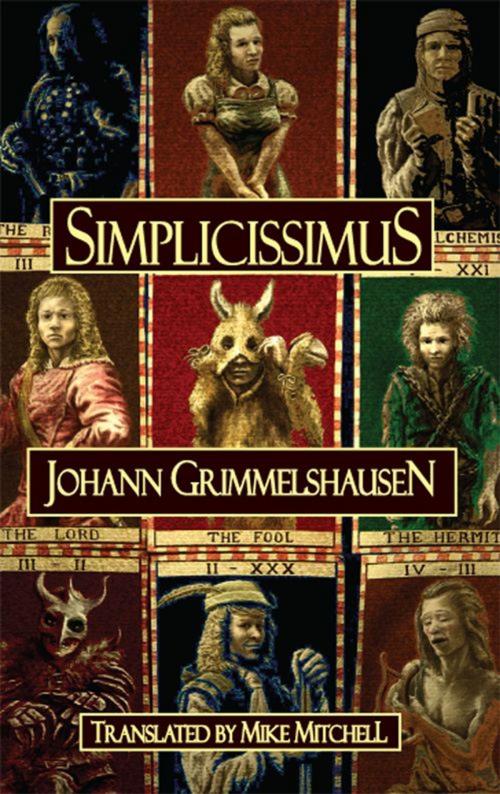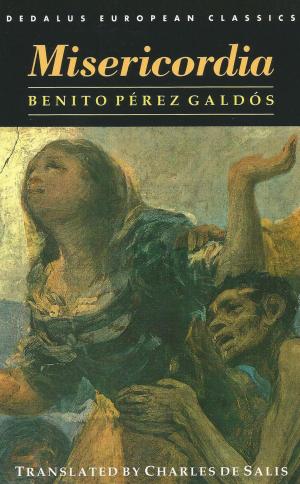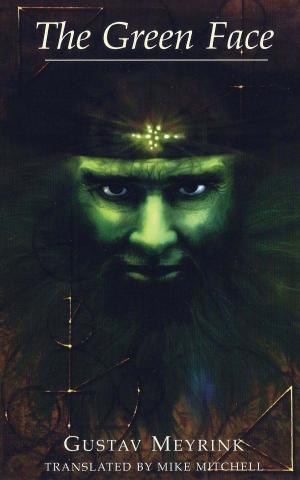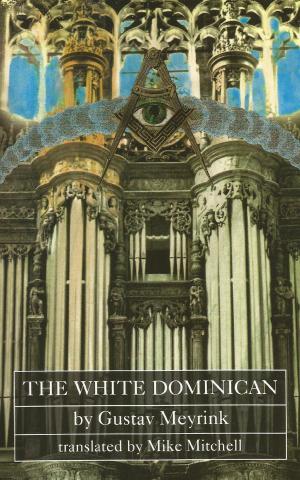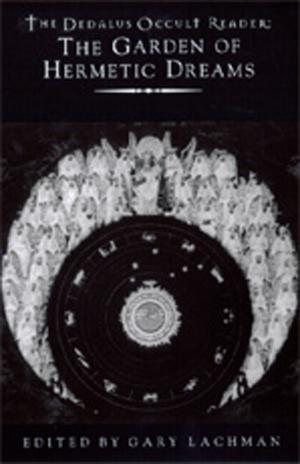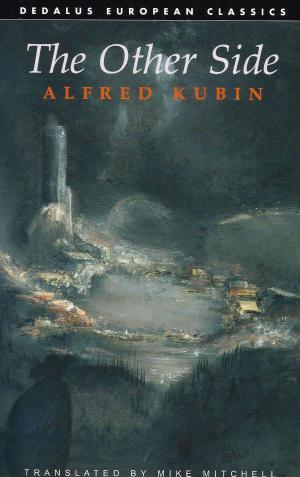| Author: | Johann Grimmelshausen | ISBN: | 9781907650123 |
| Publisher: | Dedalus Ebooks | Publication: | January 5, 2010 |
| Imprint: | Dedalus Ebooks | Language: | English |
| Author: | Johann Grimmelshausen |
| ISBN: | 9781907650123 |
| Publisher: | Dedalus Ebooks |
| Publication: | January 5, 2010 |
| Imprint: | Dedalus Ebooks |
| Language: | English |
Mike Mitchell�s translation of Simplicissimus was shortlisted for the Oxford Weidenfeld Translation Prize. �It is a violent and often all-too-realistic picaresque, set in war-torn Europe during the 17th-century Thirty Years War. Simplicissimus is the eternal innocent, the simple-minded survivor, and we follow him from a childhood in which he loses his parents to the casual atrocities of occupying troops, through his own soldiering adventures, and up to his final vocation as a hermit alone on an island. It is Rabelasian in some respects, but more down to earth and melancholy.†Phil Baker in The Sunday Times �It is the rarest kind of monument to life and literature, for it has survived almost three centuries and will survive many more. It is a story of the most basic kind of grandeur - gaudy, wild, raw, amusing, rollicking and ragged, boiling with life, on intimate terms with death and evil - but in the end, contrite and fully tired of a world wasting itself in blood, pillage and lust, but immortal in the miserable splendour of its sins.†Thomas Mann
Mike Mitchell�s translation of Simplicissimus was shortlisted for the Oxford Weidenfeld Translation Prize. �It is a violent and often all-too-realistic picaresque, set in war-torn Europe during the 17th-century Thirty Years War. Simplicissimus is the eternal innocent, the simple-minded survivor, and we follow him from a childhood in which he loses his parents to the casual atrocities of occupying troops, through his own soldiering adventures, and up to his final vocation as a hermit alone on an island. It is Rabelasian in some respects, but more down to earth and melancholy.†Phil Baker in The Sunday Times �It is the rarest kind of monument to life and literature, for it has survived almost three centuries and will survive many more. It is a story of the most basic kind of grandeur - gaudy, wild, raw, amusing, rollicking and ragged, boiling with life, on intimate terms with death and evil - but in the end, contrite and fully tired of a world wasting itself in blood, pillage and lust, but immortal in the miserable splendour of its sins.†Thomas Mann
